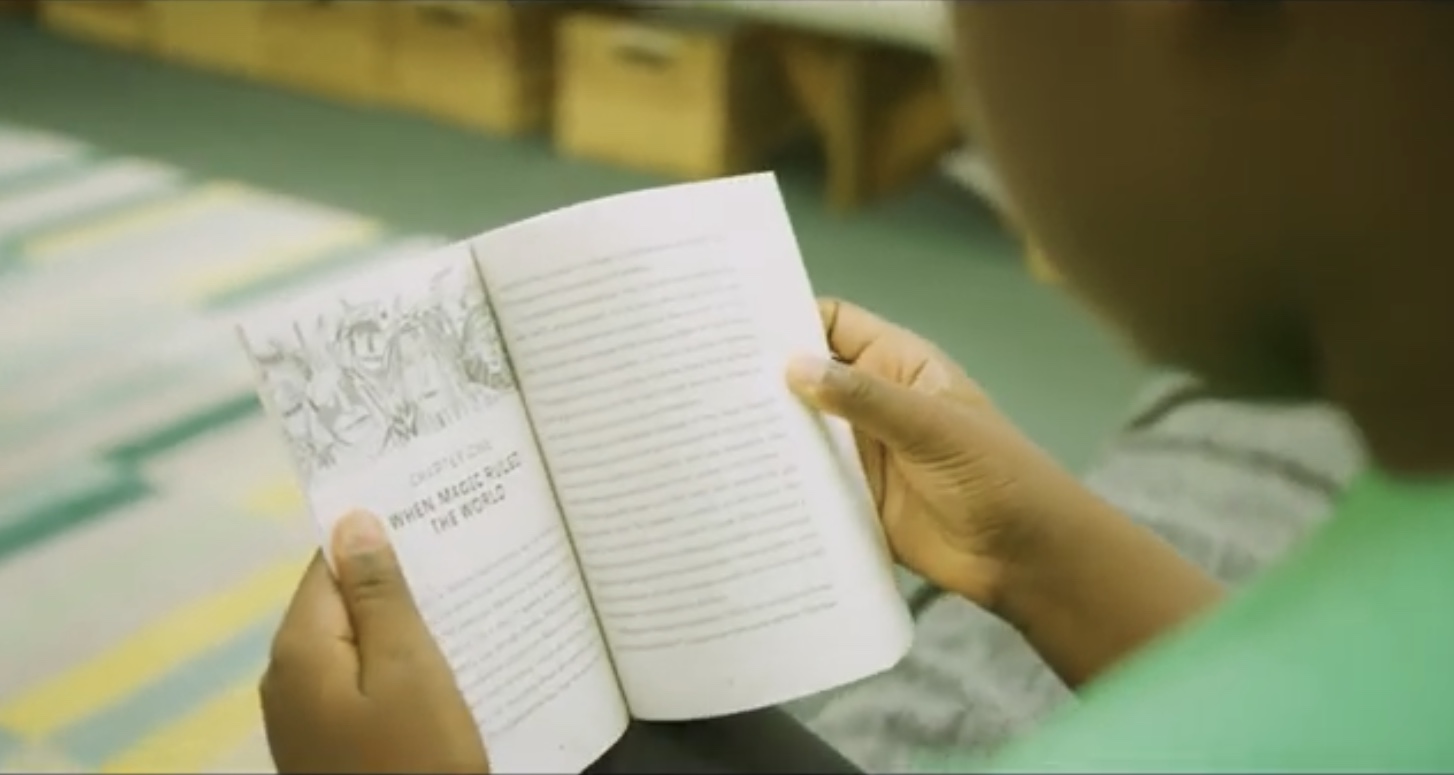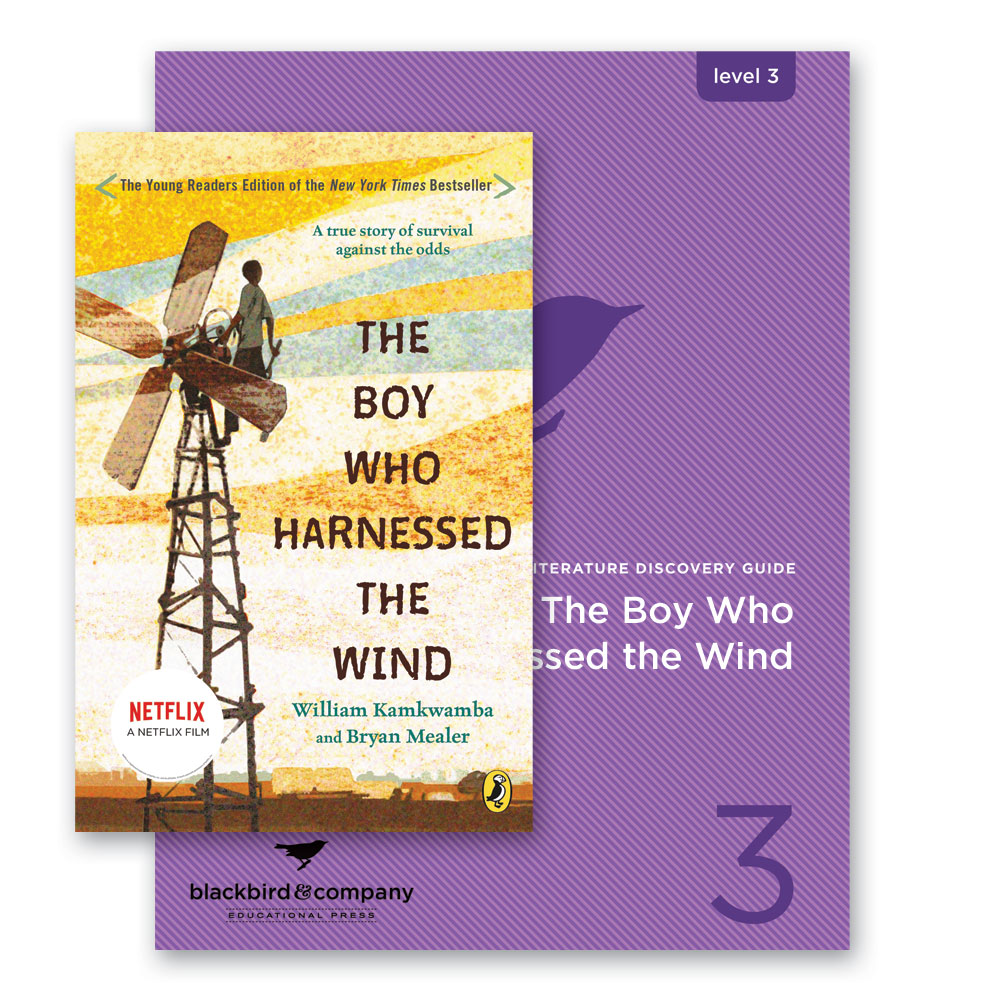
“Before I discovered the miracles of science, magic ruled the world.”
In a single sentence, the first sentence of chapter one, The Boy Who Harnessed the Wind, William KamKwamba draws us in to the world of his small farming village in Malawi.
One day, William was approached by boys who told him that, while tending the herd animals, they discovered a random sack in the road—a giant sack filled with bubble gum! So begins the drama. The boys shared a handful of gumballs, which William, naturally, devours. When the trader realizes, however, that the bag of gumballs had slipped off his bicycle, he retraced his path. That trader was so upset, he went to the local sing’anga for help. When William got wind of this, he was terrified!
“Now the sweet, lingering memory of it soured into poison on my tongue. I began to sweat; my heart was beating fast. … I began crying so hard I couldn’t move my legs. The tears ran hot down my face, and as they did, the smell of poison filled my nose. It was everywhere inside me. I fled the forest as fast as possible, trying to get away from the giant magic eye. I ran all the way home to where my father sat against the house, plucking a pile of maize. I wanted to throw my body under his, so he could protect me from the devil” (page 4).
What comes next? Well, William’s father to the rescue. He walks 8 kilometers to pay the trader for the entire bag of gumballs which, by the way, amounts to a full week’s pay. No magic involved.
William’s father did not fear magic.
The sentence that begins this wonderful true story of how, when William’s family’s crops fail due to drought, William devises a plan—an idea that would not only benefit his village, but would set him on a journey to Dartmouth.
I know this because because the very first wonderful sentence drew me into the story.
“Before I discovered the miracles of science, magic ruled the world.”
Let’s unpack the sentence:
Before: Well, this word is a preposition (so is “of” by the way).
So the sentence begins with a complex prepositional phrase: Before I discovered the miracles of science, (which is also a dependent clause because it cannot stand alone as a sentence).
The independent clause, magic ruled the world, could actually stand alone as a sentence, though it would be way less intriguing.
Add the dependent clause, to the independent clause and now you have not only contrasting subjects (magic and science), but you have introduced a character and a significant revelation.
Hemingway reminds us: “All you have to do is write one true sentence. Write the truest sentence that you know.”
One true sentence. Simple.

~Kimberly
